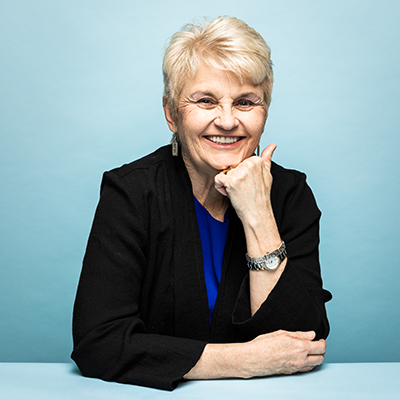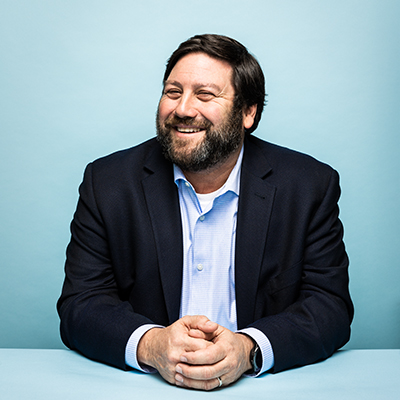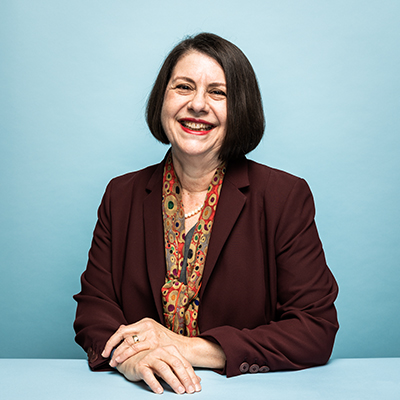Chances are, you already have an impressive social network. But once you’re in college, it’s time to think about growing your network to one that can also help you reach your professional goals, whether that’s landing an internship, a spot at a top grad school or your first job.
We asked each of the St. Edward’s University deans — all seasoned and accomplished professionals — both what they’ve learned about building a career network and for the advice they give students.
Brenda Vallance, Dean of the School of Behavioral and Social Sciences

“I think networking has always been important when it comes to employment and careers. I also think people are increasingly looking for students who have done internships that are related to the work they would like to do in their careers. Networking can help you gain more information about different career fields or specific companies and people in your network can help guide you on career choices. I don’t believe you can only get a job by knowing somebody, but I do think that networking is certainly not going to hurt you and probably will help to the extent that you will broaden your overall knowledge of employment and career possibilities.”
Gary Morris, Dean of the School of Natural Sciences

“One of the things you develop when you go to college is a network. You have the network of the students you’re in class with and those who live in your residence hall. You have those who are more senior students in your major. You have connections to the business community, through internships and volunteer opportunities, as well as connections to other professionals through professional societies and associations. In a competitive job market — all other things being equal — it can be helpful to put a face with a name on an application and say, “Oh, yeah, I remember that student’s presentation at this conference.” And when opportunities come up, who do you think of first? You think of people you’ve met who may offer a solution to your problem.
Glenda Ballard, Dean of the School of Human Development and Education

“Networking is critical. It is invaluable and goes hand-in-hand with education. I always believed this, but it was proven to me again when I moved to Austin after 17 years in East Texas. When I arrived, I knew maybe two people, so I began to build a network by participating in volunteer activities, serving on boards and raising my hand for just about every opportunity that was afforded to me. I know through experience that having a well-rounded network will contribute to my success. Without it, I can’t operate or function. I was honored to be a member of this year’s Leadership Austin class and can already see how the power of these 60 people will make Austin infinitely smaller. Similarly, the relationships students make in college can and will follow them throughout their lifetimes.”
David Altounian, Interim Dean of The Bill Munday School of Business

“Networking is one of the most important drivers of success for people, regardless of field. But networking isn’t just collecting business cards or just meeting people. It’s an ongoing exchange of value between people. Every time I meet with people in a business context, I try to figure out where I can add one piece of value, even if it is only introducing them to somebody else or sharing with them something that I have read or seen about the topic we are discussing. The network is not a one-way street. While you may be helping me today, I may be helping you tomorrow. Understanding that networking is as much about giving as it is about connecting is critical. This type of engagement can really propel your career.”
Sharon Nell, Dean of the School of Arts and Humanities

“I think it's extremely important to network, and there are many ways to do it as an undergraduate through professional organizations on campus or through internship opportunities. Connect with your professors — they are key to helping you expand your network and find internships. And there are great resources through the Career and Professional Development services. The staff there are eager to help students prepare their resumes, get internships and practice interviewing. I think it’s important to remember that networking is really just going out and meeting people. There’s no need to be scared or intimidated. And if someone gives you their card and tells you, “Feel free to contact me,” do it! I always take a stack of business cards to events for new students and pass them out with an invitation to contact me. But no one ever does. I encourage students to take the next step and reach out when someone extends an offer of support.”